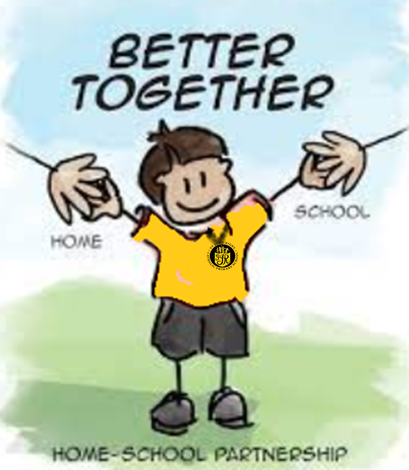Parents must be recognised as the primary and principal e ducators (Gravissium Educationis, 11)
ducators (Gravissium Educationis, 11)
At St. John Rigby, we truly value working in partnership with our parents/carers and families, and we recognise that involving parents/carers in their children’s learning is the most important factor in enabling them to do well, regardless of background.
This is something that is recognised and valued byy our school community - Parents/carers and visitors frequently comment on the welcoming “feel” of the school which is to be celebrated.
St John Rigby is a happy school. Pupils enjoy warm, trusting
relationships with their peers and with staff. Parents recognise how these relationships help their children to thrive. The school is a nurturing place to learn which parents value (Ofsted, Good Sept 2023)
Please use the links to explore ways in which you can support your child.
